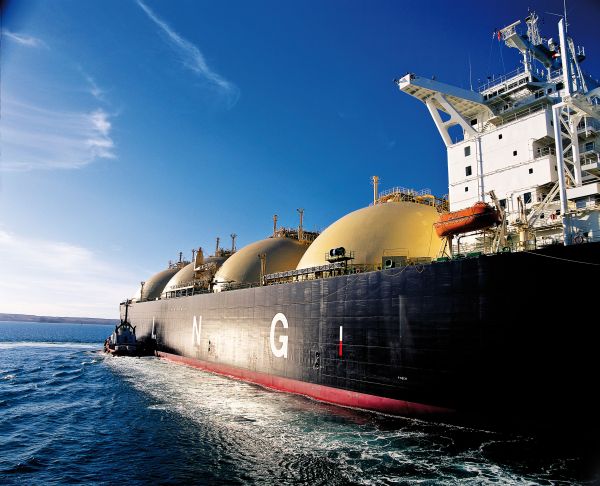18 Jul 2012

Pursuing a market-based approach and turning away from protectionism has seen Australia’s economy become much larger, stronger and more resilient over the last three decades. At a time of global turmoil, it is disappointing to see another “clarion call” for a return to protectionist policies that would weaken this country.
In his Tuesday 17 July opinion piece in The Australian, [We could better manage our natural gas resources], Dow Chemical Australia & New Zealand managing director Craig Arnold skirts around some big issues in his critique of APPEA’s advocacy for a market-based approach to gas development and marketing.
A Deloitte Access Economics report commissioned by APPEA and referred to by Mr Arnold – Advancing Australia: Harnessing our comparative energy advantage – makes a strong case for adjustment in the Australian economy in the face of an enormous global economic transformation. The shift in economic weight from west to east is overwhelmingly positive for Australia. It plays to our comparative advantage as a reliable energy exporter to drive the urbanisation and industrialisation of Asian economies including China. Hence the rapid expansion of Australia’s upstream oil and gas industry with seven LNG projects amounting to $180 billion in capital investment now underway.
As the Advancing Australia report states, rather than having dire impacts on other industries, the benefit of this investment is flowing far and wide across the economy. There are structural changes and implications for areas such as manufacturing and domestic tourism but the policy framework that best secures lasting benefits from the growth is one which is supportive, and indeed facilitates, the adjustments required. It is bad policy to keep subsidising declining industries when we should be leveraging our strengths.
And it is bad policy to seek interventions such as domestic gas reservation policies that amount to subsidies for “special case” or otherwise needy industries. In effect, it asks gas producing companies to bear the risk of finding and developing gas resources to supply domestic downstream processing industries, such as the chemical industry, with gas on advantaged terms.
These calls are not only unfair, they are also unworkable.
Mr Arnold argues that a market-based approach will “subtract from Australia’s economic resume the advantage of a large and growing supply of high-value natural gas”. Yet Australia’s gas supply is only growing because companies have economic incentives to take the risks involved in exploration and development.
If gas reservations were applied retrospectively, we change the rules midstream damaging Australia’s reputation in sovereign risk terms. If they are applied only to new projects, they will deter further investment.
Gas projects require enormous up-front capital investment without reaching break-even for 15-20 years. Developing Australia’s gas resources brings significant wealth to the nation, but this will only continue if projects are economically viable and linked to international markets. This is a globally competitive game. Australia is already one of the higher-cost global environments for constructing major projects.
Any gas development must be preceded by an expensive exploration program that offers uncertain outcomes. If sufficient gas is discovered, a complex and expensive development phase demanding massive investment and sophisticated project management skills may follow. And in the final analysis, the project must offer a sufficient return on investment in order to make the endeavour worthwhile for investors and financiers.
Protectionism is a slippery and damaging slope. If taken to their logical conclusion, Mr Arnold’s arguments would have gas suppliers asking aluminium and steel manufacturers for below-cost inputs to install new gas processing facilities and pipelines that are currently not commercial.
Australia needs to rid itself of the “Lucky Country” notion. We have many resources but there is no reliable correlation between resources richness and wealth. It is how well we are able to develop our resources that counts. That is a matter of good governance and economic management; well-run, cost-effective projects delivered on time and the creation of a flexible environment, market-oriented in which industries and individuals can adapt.
Gas exploration is an unpredictable and capital-intensive business. Many explorers are seeking partners to share the risks – this may be a more constructive way for companies to engage rather than seeking special treatment.
David Byers is APPEA’s Chief Executive. An edited version of this article was published on p28 of The Australian on Thursday 19 July, 2012

